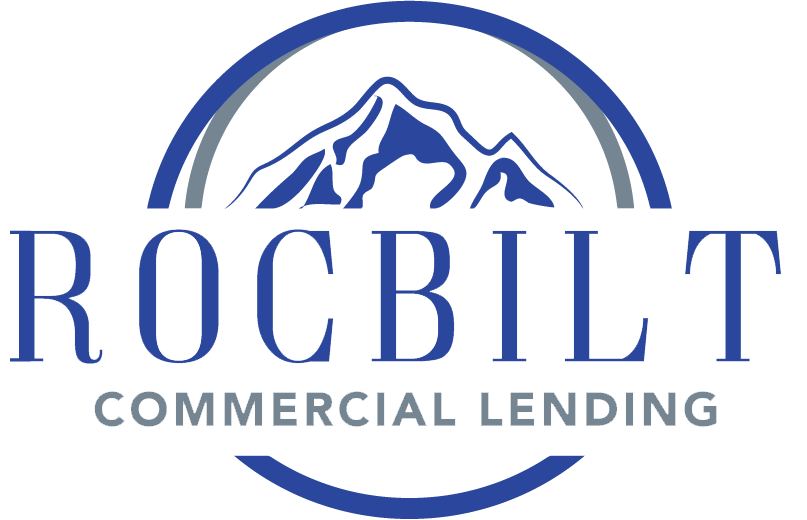A Guide for Business Owners on Equipment Financing
Every business needs some kind of equipment. This may include things such as servers, computer systems, heavy machinery, specialized devices, furniture, and production equipment. Construction companies may need to buy skid loaders or excavators, while dental offices need special chairs and X-ray equipment. Equipment financing is the key to getting all of these essentials, whether you own a small business or a large corporation.
Equipment Financing Options
There are two main types of equipment financing available: loans and leases. Both options have advantages and disadvantages. The best choice for you depends on your specific industry and the type of equipment you want to purchase.
Equipment leases involve making regular payments to a lender in exchange for using a piece of equipment. In a lease, you don’t own the equipment — the lender does. Your contract spells out how long the agreement lasts, how much you have to pay every month, and what happens at the end. When finishing the lease, you can often purchase the equipment outright, trade it in for newer models, or take out a lease for something completely different.
Equipment loans are term loans similar to buying a piece of real estate. You purchase the equipment, you own it, and you repay the loan over time. The equipment acts as collateral, which helps small businesses to qualify for the large loan amounts needed to buy machinery worth hundreds of thousands of dollars.
Advantages of Equipment Loans and Leases
Both of these equipment financing options are valid avenues for business owners. Leasing has several advantages when it comes to equipment that you want to upgrade frequently. First, the monthly payments are typically comfortable even for startups and small businesses. Second, because you can upgrade or switch at the end of your contract, it’s easy to stay up-to-date with modern technology. Finally, getting approved for a lease is easier than taking out a loan, since you don’t actually own the equipment.
What about equipment loans? These can be very attractive as long as you’re buying the equipment you plan on using for many years. In the case of furniture, production equipment, heavy machinery, and restaurant appliances, for example, loans make sense because they offer better interest rates than leases. Of course, you have to meet the lender’s credit history requirements and have solid financials to qualify, but if you do, term loans can save you a lot of money in the long run. You may even qualify for SBA loans, which feature some of the lowest interest rates around.
To make a great decision, consider the needs of your business. Factors include how much you have for down payments, how long you expect the equipment to last and whether staying at the cutting-edge is vital for your company.
